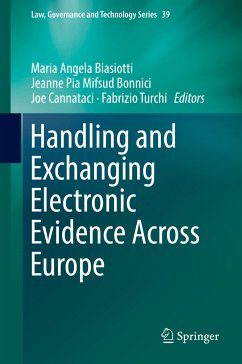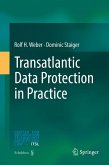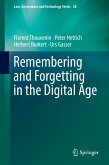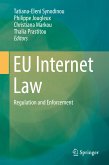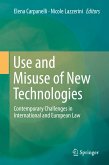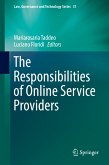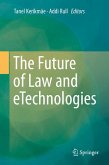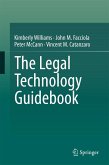Contributing authors examine the legal framework in place in various EU member states when dealing with electronic evidence, with prominence given to data protection and privacy issues. Readers may learn about the state of the art tools and standards utilized for treating and exchanging evidence, and existing platforms and environments run by different Law Enforcement Agencies (LEAs) at local and central level. Readers will also discover the operational point of view of LEAs when dealing with electronic evidence, and their requirements and expectations for the future. Finally, readers may consider a proposal for realizing a unique legal framework for governing in a uniform and aligned way the treatment and cross border exchange of electronic evidence in Europe.
The use, collection and exchange of electronic evidence in the European Union context and the rules, practises, operational guidelines, standards and tools utilized by LEAs, judges, Public prosecutors and other relevant stakeholders are all covered in this comprehensive work. It will appeal to researchers in both law and computer science, as well as those with an interest in privacy, digital forensics, electronic evidence, legal frameworks and law enforcement.
Dieser Download kann aus rechtlichen Gründen nur mit Rechnungsadresse in A, B, BG, CY, CZ, D, DK, EW, E, FIN, F, GR, HR, H, IRL, I, LT, L, LR, M, NL, PL, P, R, S, SLO, SK ausgeliefert werden.

